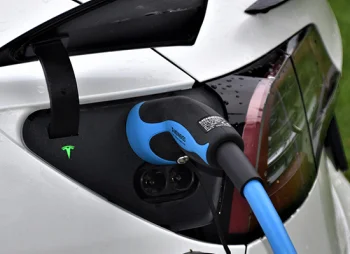What is the gender pay gap?
You’ve probably heard a lot of different terms when people talk about pay. And some of them can be confusing.
So, let’s clear up a common misconception before we really dive in.
The gender pay gap and equal pay aren’t the same thing.
Equal pay is the expectation that men and women are paid the same amount for doing the same job, or work of equal value. This is because it’s unlawful to pay staff unequally because of their gender.
All our Leasing Consultants do the same fantastic job day in and day out, regardless of their gender, so they deserve (and have a right to) the same basic salary.
The gender pay gap on the other hand, looks at the average pay between all men and women across the UK workforce.
While the gap has been slowly declining over time, the difference as of April 2023 was measured at 7.7% according to the Office for National Statistics.
Some main points to take away from the latest research show that there is still a significant pay gap between employees aged 40 and over, compared to those under the age of 40.
And the gender pay gap is much larger between higher paid employees.
But what does mean when you break it down?
Let’s put these facts into context. If there’s a significant difference in the gender pay gap around the age of 40, we must consider why this is.
If you’re a woman who plans on having children, the chances are you’ll have made a start on your family by the age of 40. And while the popular narrative is that women can have it all, realistically, the demands of raising a child can take a toll on career progression.
As the National Office for Statistics goes on to explain, a lower share of men working part-time. So it looks like the parent who takes the hit is usually the mother.
So, if you’re a woman over 40 with children, and working part-time to be a more available parent, on average you’re going to be paid less than men in your age bracket.
But even if you are (or plan to be) child-free, there is still an active bias enforcing the pay gap.
The Guardian reported recently that nearly one in five male HR managers were unwilling to hire women they thought would go on to start families.
And nearly one in seven consider men as better suited for top jobs or senior management than women.
So, on the whole, it’s fair to say that women are still earning less than men regardless of their lifestyle choices.
And if that’s the case, how is this going to play into the EV revolution?






